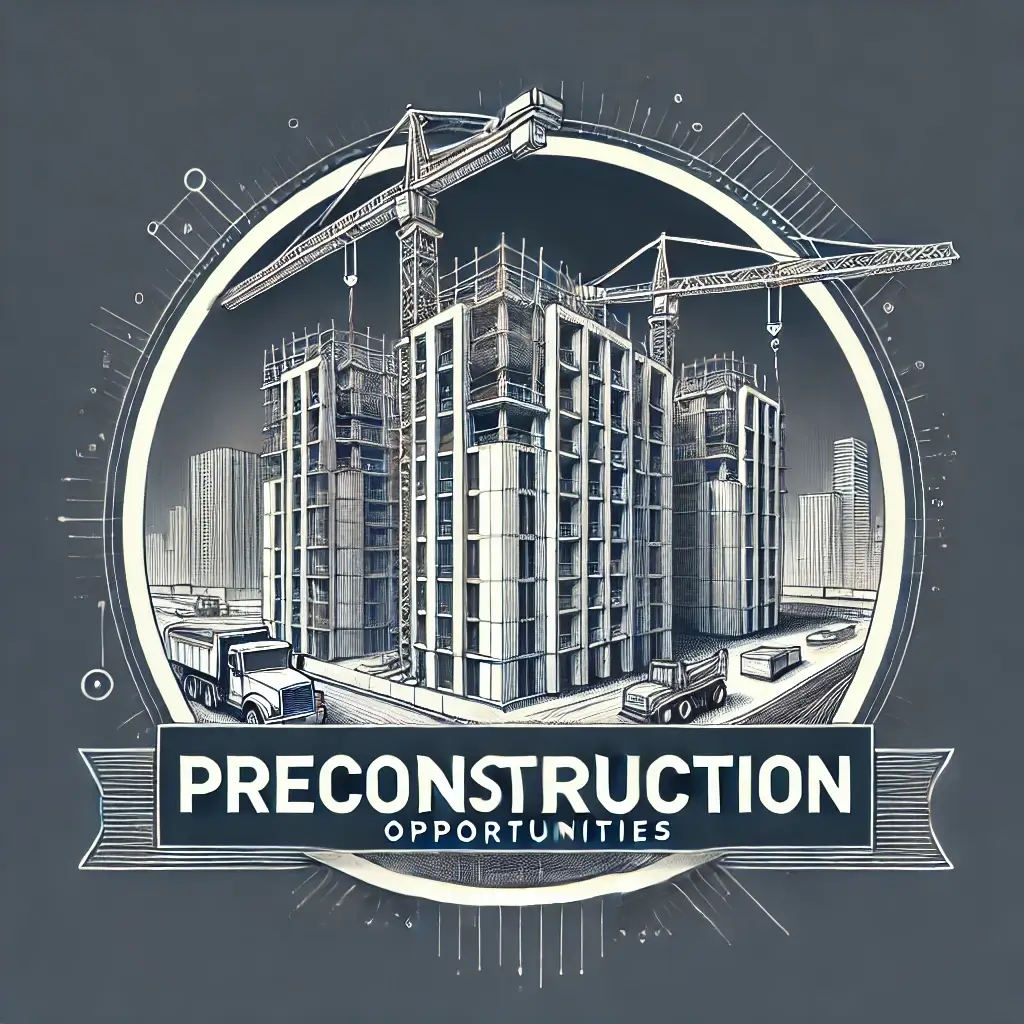Preconstruction properties have long been a cornerstone of real estate investment strategies, offering investors the potential for significant returns and the opportunity to customize properties to their liking. In 2024, as the real estate market continues to evolve, preconstruction properties are more appealing than ever, particularly in rapidly growing urban areas like Toronto and the GTA.
Whether you’re a seasoned investor or new to the world of preconstruction, this guide will equip you with the knowledge you need to make informed decisions. From understanding the benefits and risks to navigating current market trends, we’ll explore everything you need to know about investing in preconstruction properties in 2024.
Why Invest in Preconstruction Properties?
1. Appreciation Potential
One of the biggest advantages of preconstruction properties is the potential for significant price appreciation by the time the project is completed.
- Example: A condo unit purchased in Toronto in 2018 for $500,000 may now be worth $650,000 due to rising demand and market growth, offering a 30% increase in value.
2. Flexible Payment Structure
Preconstruction properties often come with staggered deposit payment schedules, allowing buyers to spread payments over several months or years.
- Case Study: An investor purchasing a $600,000 condo might pay 5% at signing, 5% in six months, and 10% upon completion, making it more manageable than an upfront 20% deposit on a resale property.
3. Customization Options
Investors can often choose layouts, finishes, and upgrades, making the property more appealing to future renters or buyers.
4. Lower Maintenance Costs
New properties are built to modern standards with warranties, reducing maintenance and repair costs in the initial years.
5. Long-Term Rental Potential
With urbanization trends and population growth, preconstruction condos and homes offer strong rental demand, particularly in transit-accessible areas.
Key Considerations Before Investing
1. Research the Developer
Choose a reputable developer with a track record of delivering quality projects on time.
- Tip: Look for reviews, past project timelines, and financial stability.
- Example: A buyer who invested in a project by a first-time developer experienced delays of over two years, significantly impacting their financial planning.
2. Location, Location, Location
The property’s location significantly affects its appreciation potential and rental demand.
- Hot Spots for 2024:
- Toronto’s Waterfront Communities: Developments near Lake Ontario offer lifestyle appeal and strong appreciation potential.
- Transit-Oriented Areas: Properties near new transit lines, such as the Eglinton Crosstown LRT, are expected to see high demand.
3. Understand the Costs
Beyond the purchase price, preconstruction properties come with additional costs:
- Development levies and charges.
- Interim occupancy fees.
- Closing costs, including HST, legal fees, and land transfer taxes.
4. Be Prepared for Delays
Construction timelines can extend beyond the original schedule due to labor shortages, material delays, or unforeseen circumstances. Build flexibility into your financial plan.
5. Know the Market
Stay informed about market trends and economic conditions.
- 2024 Insights: Rising interest rates may cool the resale market slightly, but preconstruction properties in high-demand areas will likely remain resilient due to limited supply.
Steps to Successfully Invest in Preconstruction Properties
Step 1: Set Your Budget
- Work with a mortgage broker to understand your financial capacity and secure pre-approval if necessary.
- Allocate funds for deposits and closing costs.
Step 2: Choose the Right Property Type
- Condos: Ideal for urban areas with high rental demand.
- Townhouses: A good middle ground between affordability and space.
- Detached Homes: Best for long-term capital appreciation in suburban or developing areas.
Step 3: Work with a Real Estate Agent
An experienced agent specializing in preconstruction properties can:
- Provide access to VIP launches and early-bird pricing.
- Negotiate on your behalf for better incentives.
Step 4: Review the Agreement Carefully
- Consult a real estate lawyer to review the purchase agreement, ensuring you understand clauses related to assignment fees, completion timelines, and termination rights.
Step 5: Plan for the Long Term
- Decide whether to flip the property upon completion, rent it out, or hold it for future appreciation.
Case Study: Successful Preconstruction Investment in Toronto
The Scenario:
In 2017, Sarah purchased a preconstruction condo in the King West neighborhood for $550,000. She paid the deposit in installments over 18 months and closed the property in 2020.
Outcome:
- By 2024, the property’s value had increased to $750,000, giving her a $200,000 equity gain.
- She rents the unit for $3,000/month, covering her mortgage and generating a positive cash flow.
Key Takeaways:
- Strategic location and timing are crucial.
- Working with a reputable developer minimized construction delays.
Risks to Watch Out For
While preconstruction properties offer excellent opportunities, they come with risks:
1. Market Fluctuations
Economic downturns or changes in demand can impact property values.
2. Developer Risks
A developer’s financial issues can delay or cancel projects. Always research before committing.
3. Financing Challenges
Higher interest rates at the time of closing may affect mortgage approval and affordability.
4. Limited Control
Investors have little control over construction timelines or project changes.
What’s New for Preconstruction in 2024?
1. Increased Incentives
To attract buyers in a high-interest-rate environment, developers are offering:
- Reduced deposit structures.
- Free upgrades or parking spots.
- Cash-back incentives upon closing.
2. Focus on Sustainability
Eco-friendly developments with energy-efficient features are gaining popularity, appealing to younger buyers and investors.
3. Expansion of Zoning Laws
Changes in zoning policies, particularly in Toronto, are encouraging more mid-rise and mixed-use developments.
Final Thoughts
Investing in preconstruction properties in 2024 is an exciting opportunity for those who plan strategically and conduct thorough research. By understanding the market, choosing the right location and developer, and preparing for potential challenges, you can position yourself for long-term success.
At Taya Real Estate, we specialize in helping investors navigate the complexities of preconstruction properties. From identifying lucrative projects to managing the purchase process, we’re here to guide you every step of the way. Visit Taya Real Estate or connect with us on Facebook for expert advice tailored to your goals.








